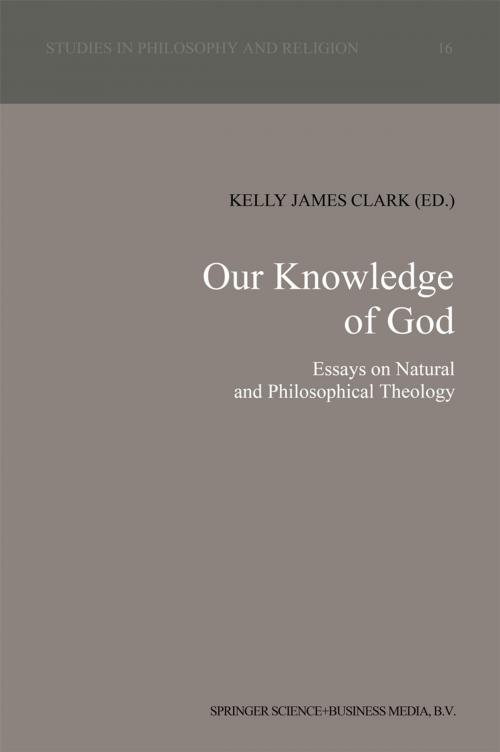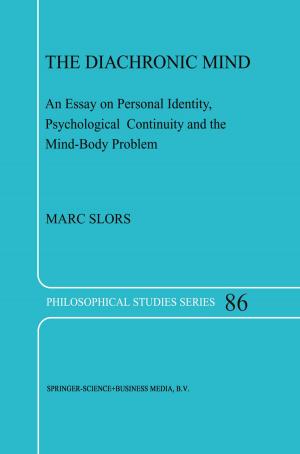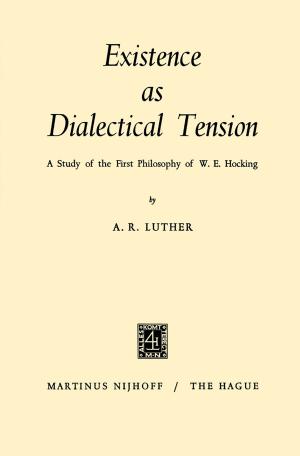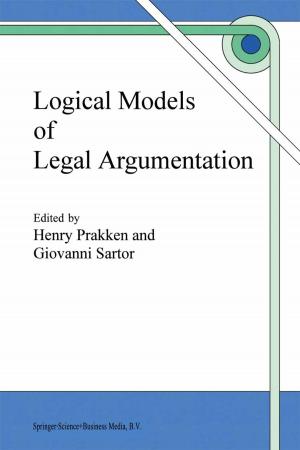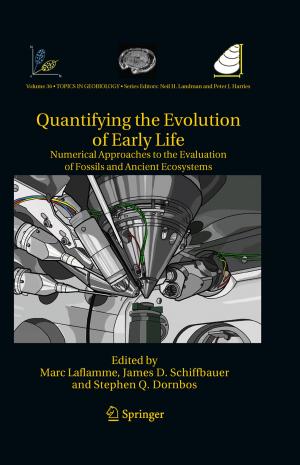Our Knowledge of God
Essays on Natural and Philosophical Theology
Nonfiction, Religion & Spirituality, Philosophy, Religious| Author: | ISBN: | 9789401125765 | |
| Publisher: | Springer Netherlands | Publication: | December 6, 2012 |
| Imprint: | Springer | Language: | English |
| Author: | |
| ISBN: | 9789401125765 |
| Publisher: | Springer Netherlands |
| Publication: | December 6, 2012 |
| Imprint: | Springer |
| Language: | English |
Natural theology is the project of articulating, defending and CntlClzmg arguments for the existence and nature of God without the aid of special revelation. Philosophical theology, which employs the rational methods of natural theology, is not restricted to premises that are discernible through observation and reason; it may rightly employ premises that are knowable through special revelation. While the project of natural theology may be construed as an attempt to demonstrate God's existence, one cannot ignore the importance of using reason or experience to understand, determine or assess attributes. One will want to know at the conclusion of a proof in natural God's theology if one has proved the existence of God and not merely the prim urn mobilum, source of moral obligation or a committee of finite designers; while God may be the prime mover and designer of the cosmos, none of these attributes alone is sufficient for making a claim to divinity. It is, therefore, difficult to distinguish sharply the project of natural theology from philosophi cal theology. The project of classical natural theology has been the attempt to prove God's existence and nature with arguments that employ premises that all rational creatures are obliged to accept.
Natural theology is the project of articulating, defending and CntlClzmg arguments for the existence and nature of God without the aid of special revelation. Philosophical theology, which employs the rational methods of natural theology, is not restricted to premises that are discernible through observation and reason; it may rightly employ premises that are knowable through special revelation. While the project of natural theology may be construed as an attempt to demonstrate God's existence, one cannot ignore the importance of using reason or experience to understand, determine or assess attributes. One will want to know at the conclusion of a proof in natural God's theology if one has proved the existence of God and not merely the prim urn mobilum, source of moral obligation or a committee of finite designers; while God may be the prime mover and designer of the cosmos, none of these attributes alone is sufficient for making a claim to divinity. It is, therefore, difficult to distinguish sharply the project of natural theology from philosophi cal theology. The project of classical natural theology has been the attempt to prove God's existence and nature with arguments that employ premises that all rational creatures are obliged to accept.
